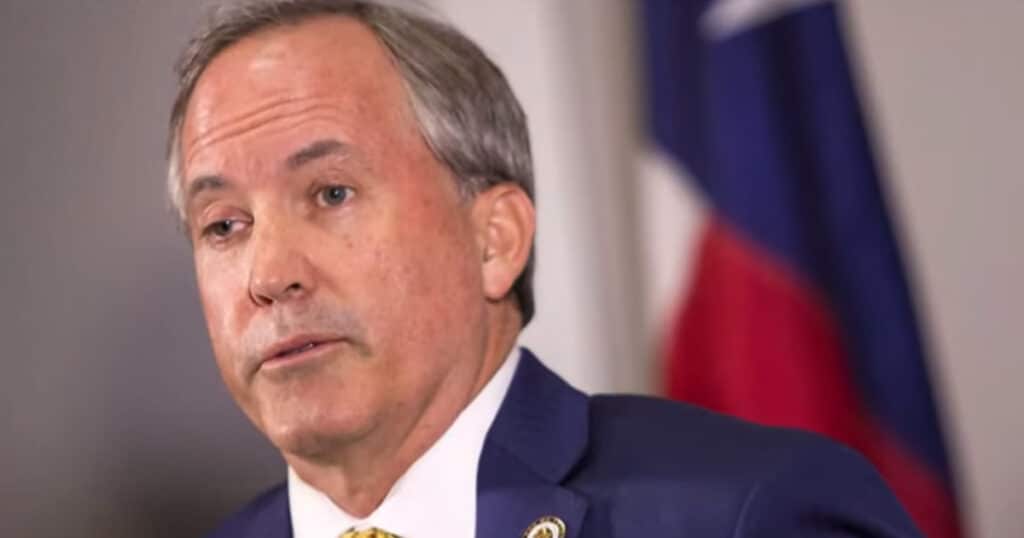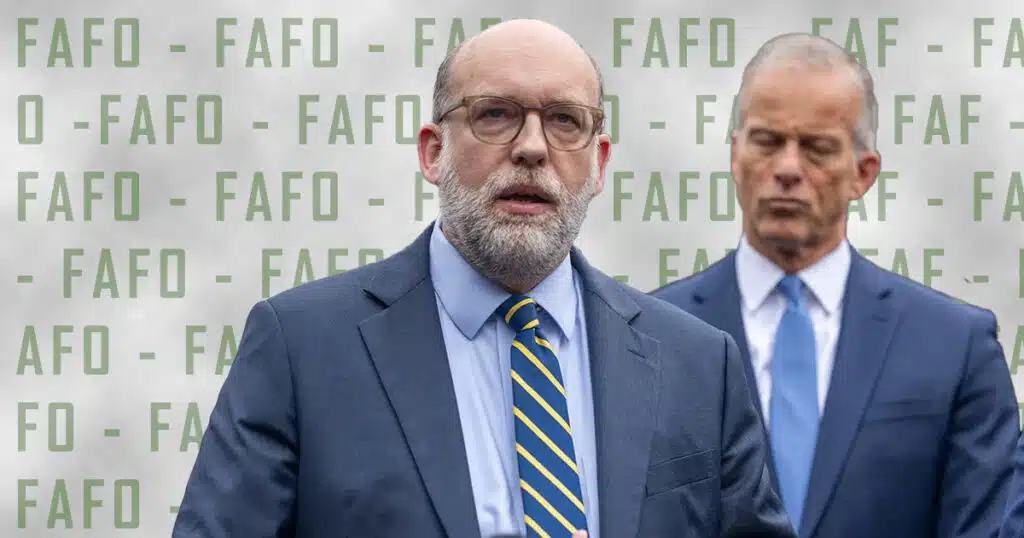
The Politics of the Paxton Impeachment
Of course, we all hope that the outcome of Texas Attorney General Ken Paxton’s impeachment trial will turn on the merits of the case. But even as Lt. Gov. Dan Patrick has said, this is a political trial and the jurors are politicians, so there can be no illusion that the political calculus will not enter into the senators’ minds as they deliberate Paxton’s fate.
The predominant political narrative on the impeachment is that Republican senators will be reluctant to convict Paxton because of potential backlash from Republican primary voters. Some have suggested that those who face reelection in 2024 would be the most concerned about this prospect. If that is the case, it did not particularly show in the votes on the motion to dismiss.
There are currently six Republican senators up for reelection in 2024, not including Paxton’s wife. Half of those (Bettencourt, Parker, and Campbell) voted to dismiss all counts of impeachment. However, the other three (Huffman, Springer, and King) voted against dismissing any of the counts. In all, 12 Republican senators voted against dismissing one or more counts, which is almost two-thirds of the Republicans in this Texas Senate.
Those voters appear to undercut, at least to some degree, the narrative that the Republican senators are worried about a backlash from primary voters. That could be because polling appears to show that among most Texans, including Republicans, opinion of Paxton is declining.
A UT poll taken the week before the Paxton trial began showed Paxton’s overall approval rating had fallen to an all-time low of 46%. That is eight points lower than his previous low in June. But even more significant, his support among Republicans has fallen off a cliff this year as the allegations against him have become more widely known. That same poll shows that since December, his favorable rating among Republicans has fallen from 73% to 46%. That compares to an 81% approval rating for Abbott among Republicans.
Even before any evidence was heard, the poll also found that 28% of Republicans felt he should be removed from office, with only 33% opposed to removal. Another 39% were undecided. Given some of the stark and at times even raw testimony in the trial so far, it is hard to imagine that the number of Republicans wanting him removed has not gone up.
There is a growing second narrative among Austin insiders about the political implications of acquitting Paxton. According to my sources, many Republican leaders and strategists are increasingly concerned about the brand damage that will be done if Paxton is acquitted. The UT poll shows that 42% of independents believed before the trial started that Paxton should be removed, and 45% were not sure. Only 13% opposed his removal. With self-identified independents making up nearly a third of Texas voters, Republicans know that they cannot win in November without their support.
Many Republican leaders and strategists are also worried about what additional problems Paxton could cause the party in the future if he is not removed. The evidence in the trial has laid out a pretty compelling obstruction of justice case for federal prosecutors. Many worry that a federal prosecution is in the offing as soon as the trial is over. Also, many worry that Paxton will launch an intra-party fratricide that may include a 2026 gubernatorial candidacy.
I am not sure which of these political narratives will weigh heaviest on the minds of the senators as they start their deliberations this week. Most of the Austin insiders I talked to were equally uncertain. But all agreed on one thing: None of this is good for the Republican Party.
This article was originally published by RealClearPolitics and made available via RealClearWire.


